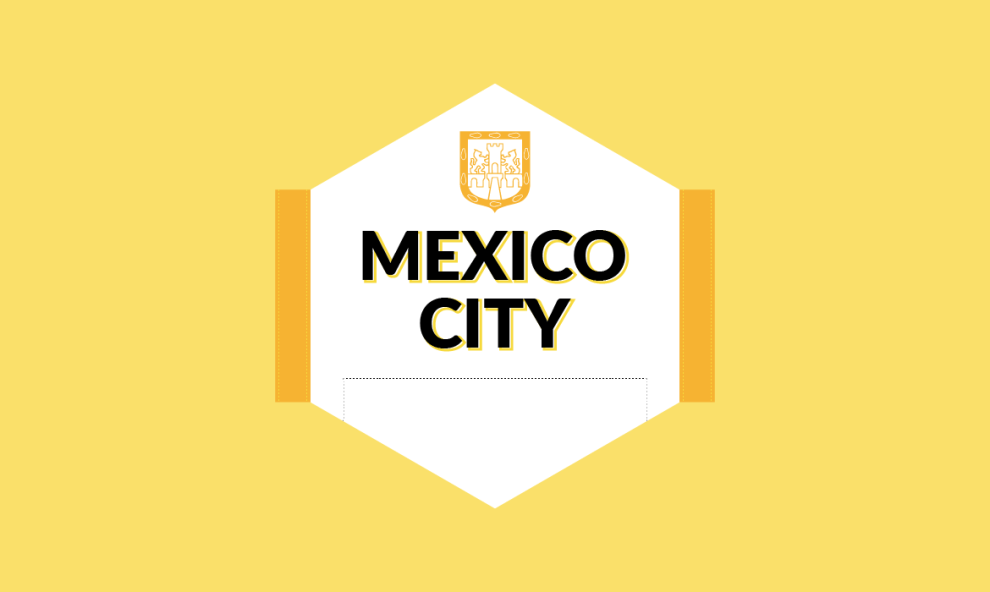Within the extraordinary session period in Congress, the regulatory laws of the political-electoral reform, which was published on the Official Journal on February 10th, were approved. Amongst the modifications included, there were new rules for holding referendums, formalizing independent candidacies, presenting citizens’ initiatives as well as rescheduling electoral calendars. As pointed out by the legislative procedure, local governments should now modify their laws in order to comply with these new regulations. This process exhibits the legislative weakness of the country’s capital due to the fact that the alignment of the political-electoral reform will only occur until the Chamber of Deputies makes the corresponding legal changes to Mexico City’s Statute of Government at the request of legislators and after the Mayor has approved it. With so many requirements to legislate at a local level, is a political reform in Mexico City an urgent matter?
Since the 1990s, Mexico City has experienced changes in its political regime. Nevertheless, these alterations have only been related to the election of local leaders as well as legislators. In recent years, deputies from the National Action Party (PAN) and more recently, from the Democratic Revolution Party (PRD) have presented initiatives for implementing a political reform in the metropolis. The latest of them proposed the change of 54 articles of the Constitution in order to maintain the condition of capital of the country, seat of the federal powers as well as modifying the legal nature in order to have Constitutional powers as the rest of the Mexican states. PRD’s initiative is undoubtedly profound; however, transforming Mexico City ought to be done in a responsible manner, while also having established targets. PRD has ruled the country’s capital for almost 20 years and rules 14 out of its 16 boroughs. In addition, the party has an absolute majority in the local Congress (34 Deputies). With the aforementioned context and in the face of a potential political reform that would provide autonomy to the city seems to have a sense of political and social control rather than enhancing the local development. On the other hand, it would appear that PRI and PAN are waiting for the capital’s population to express their disappointment with the current Mayor on the 2015 elections as a mean to gain political ground and support the reform with a higher real influence. The impact this autonomy will have upon the relation with the federal government can also be an obstacle because of a potential loss of centralizing power. At the same time and as it has been evident throughout several moments within these twenty years, the federal government requires of enough power as to avoid excesses from local authorities in such crucial matters as the physical integrity of both Executive Power’s facilities and staff. It is not a coincidence that other cities with similar situations (as can be Paris or Washington), there are special statutes that limit the faculties of the local government. It is a high risk.
At a local level, the new legal framework established would provide boroughs with budgetary autonomy, so they would be able to collect local taxes, as could be household taxes; meanwhile, the key question remains if whether they will be able to do it and allocate those resources in an efficient way. Greater resources have generally used to provide greater power and political control to specific groups. In addition, given the concentration of areas with high incomes in a small amount of Mexico City boroughs, it would be essential to know how these taxes would be used and shared.
Within the proposed political reform, there is also a plan for a new political division of the city. It would change the distribution of electoral districts in boroughs such as Iztapalapa, Gustavo A. Madero and Álvaro Obregón, something that would diminish control over several PRD groups, which would create more internal divisions in the party. What would be a clear advantage of this reform would be to leave behind the tensions with the federal government given the existence of less-than-clear public responsibilities, something that is a waste of time and enables conflicts in protests where law enforcement has to intervene.
Proposing a political reform for Mexico City might sound like a great idea, but it shouldn’t be overlooked that more rights mean more attributions and, thus, more responsibilities. The current version of Mexico City, without a real and strong opposition, forecasts a future with few tools for accountability that could perhaps translate into an uncontrolled indebtedness, misuse of public resources and greater corruption. The city also faces the challenge of creating a legal framework that favors not only the participation of citizens but their influence in the local politics because, although the capital has an important number of inhabitants that are informed, active and interested in the city’s development, they also have the least amount of political freedom.
The problem of modifying Mexico City’s legal framework relies on the fact that although this reform does contribute to a democratic progress, it can also become a corporatist tool; nevertheless, it cannot be denied that, given the reform spirit that is present throughout the country, this is the time for legislator to decide on the capital’s future. If the reform creates a lesser dependence of the federal Executive Power in order to have a real citizen impact that enables general population to participate in decisions, then it would be an autonomy that would be worth the effort. If that is not the case, better leave things as they were before.
CIDAC




Comments